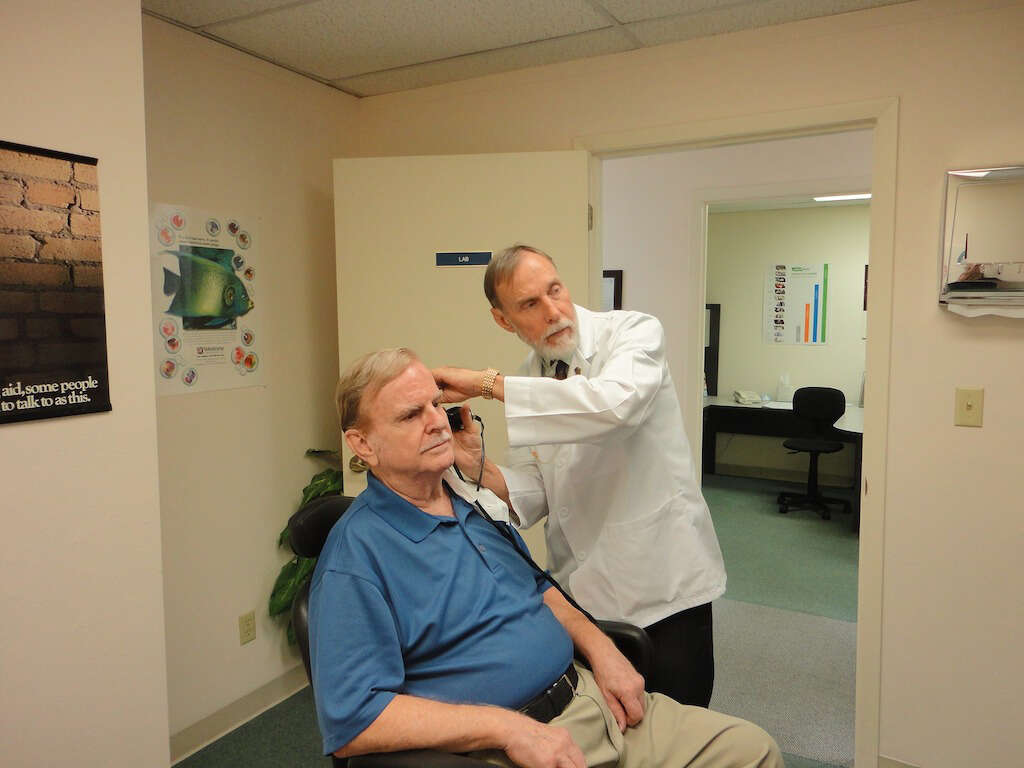10 Causes of Occipital Neuralgia
Occipital neuralgia is a chronic condition where there is pain in the back of the head, lower neck, and behind the eyes. This is due to the locations of the lesser and greater occipital nerves. The occipital artery is wrapped around the greater occipital nerve, which contributes to the neuralgia.
Patients with occipital neuralgia often report of chronic headaches localized around the top or back of the head. It may also radiate behind the eye or up to the eyebrow. Since chronic headaches are common, occipital neuralgia is often misdiagnosed as tension headaches or migraines. Other associated symptoms include photophobia, phonophobia, and slurred speech. The symptoms can last from a few seconds to several days.
Treatment involves physical therapy, rest, manipulation, anti-inflammatory medication, heat, antidepressants, analgesics, anticonvulsants, and migraine prophylaxis medication. Microdecompression or surgical neurolysis may also be beneficial if normal measures fail.

Cause #1: Osteochondroma
Osteochondromas are the commonest benign tumors that occur in the bones. The tumors are usually cartilage-capped bony projections. They most commonly affect long bones in the forearm, knee, scapula, and pelvis. Osteochondromas affect about 3 percent of the general population, representing 35 percent of benign tumors and 8 percent of bone tumors.
Treatment includes the surgical removal or partial excision of the outgrowth. Symptoms include limited movements, muscle soreness, paresthesia, and weakness. Osteochondromas can also cause occipital neuralgia due to the physical stress placed on the nerve.
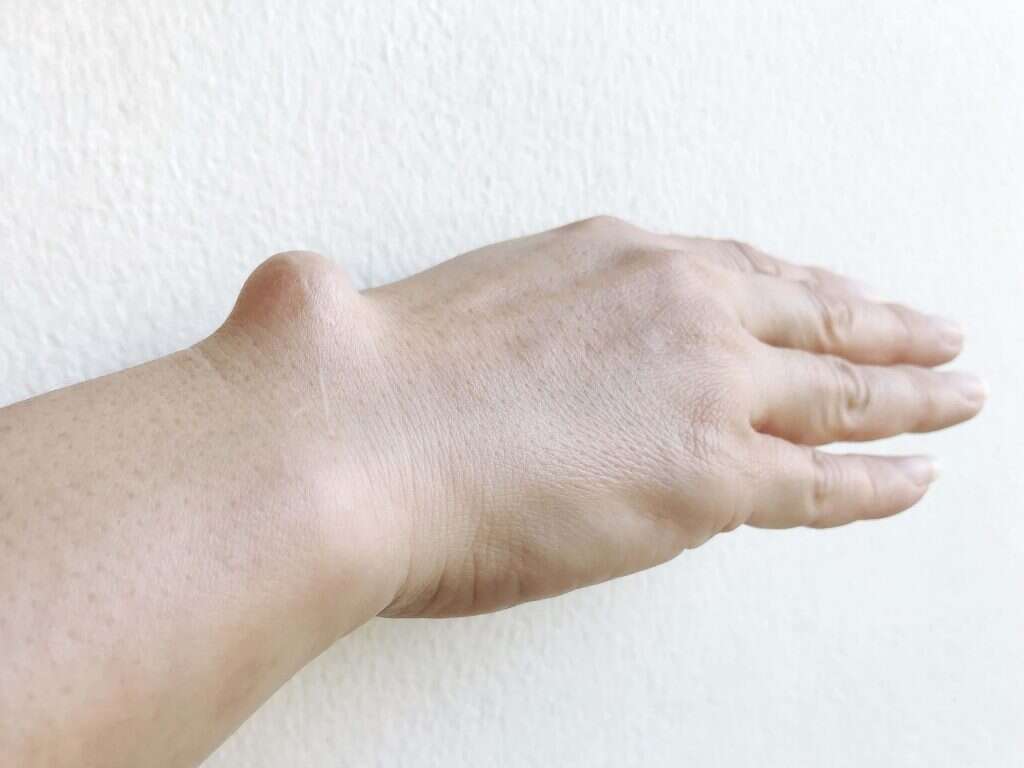
Cause #2: Trauma
Occipital neuralgia may happen when there is trauma to the greater or lesser occipital nerves, usually seen in auto-accidents where there is impact on the head from the headrest. The occipital nerve exits the cervical spine to provide sensation to the back of the scalp.
Depending on the severity of the symptoms, medication and nerve blocking injections may be beneficial to help address the symptoms. Patients who experience occipital neuralgia symptoms after experiencing trauma should seek medical opinion to ensure that everything is okay.

Cause #3: Cerebrospinal Fluid Leak
A cerebrospinal fluid leak occurs when the cerebrospinal fluid leaks out of holes or tears in the dura mater. It can be classified according to the cause of the leak such as surgery, physical trauma, iatrogenic, or spontaneous. Cerebrospinal fluid leaks can be associated with some disorders such as Ehlers-Danlos Syndrome and Marfan Syndrome.
Symptoms include an excruciatingly painful and fast-onset headache. Other associated symptoms include neck pain, dizziness, photophobia, tinnitus, gait disturbances, brain fog, visual issues, nausea, metallic taste in the mouth, and fluid dripping from the ears or nose. Left untreated, it can result in death or coma. Cerebrospinal fluid leak is a rare cause of occipital neuralgia.

Cause #4: Radiofrequency Nerve Ablation
Radiofrequency nerve ablation is a procedure where the electrical conduction system for a dysfunctional tissue is ablated. It is usually an outpatient procedure performed using sedation anesthesia or local anesthetics.
If delivered using a catheter, it is known as a radiofrequency catheter ablation. It can also be performed using the guidance of imaging such as a computed tomography scan, X-ray, or ultrasound. It can be used in the treatment of cardiovascular conditions, tumors, and aesthetics dermatology. Radiofrequency nerve ablation is a cause of occipital neuralgia.
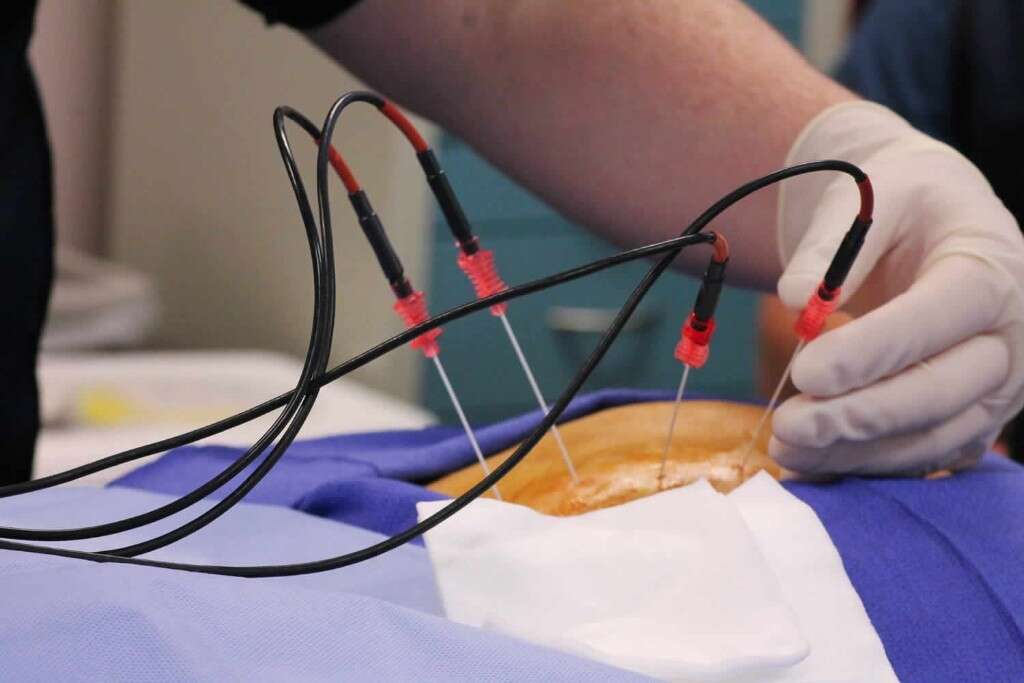
Cause #5: Spinal Cancer
Spinal cancer symptoms often depend on the size, location, type, age, and health condition of the patient. Some common symptoms of spinal cancer include difficulty moving, difficulty with urination, pain, numbness, and weakness. Depending on the progression of the cancer, the symptoms can progress either slowly or quickly.
Metastatic spinal tumors may spread to the spine and usually spread quickly. While rare, occipital neuralgia can be a symptom of metastasis of some cancers.
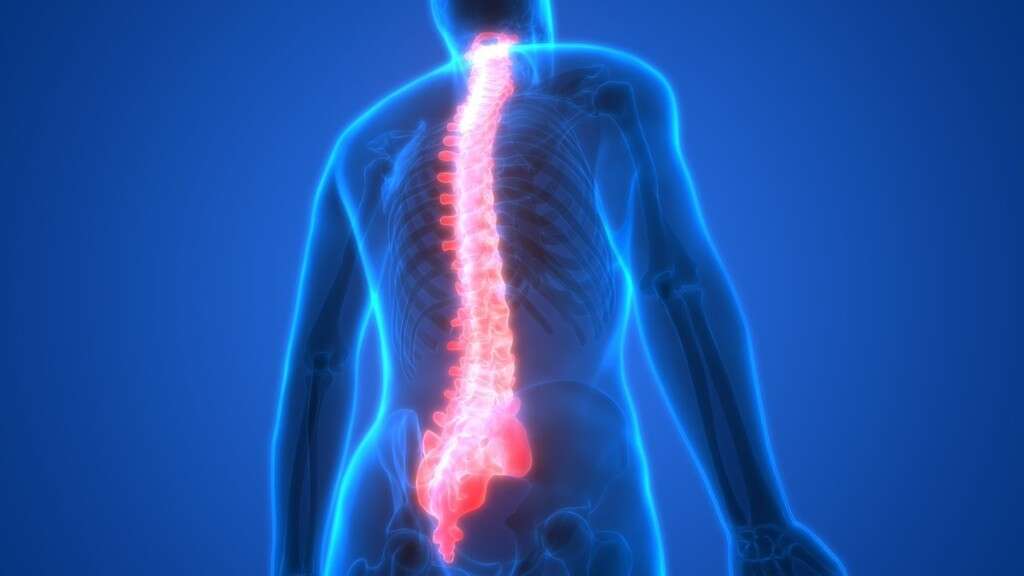
Cause #6: Multiple Sclerosis
Multiple sclerosis is a chronic condition where there is demyelination of the neurons of the brain and spinal cord resulting in damage. It can cause psychiatric, physical, and mental symptoms such as double vision, blindness, muscle weakness, coordination issues, and sensory issues. Multiple sclerosis can be progressive or relapsing.
While the cause is unclear, experts believe that the condition is caused by a combination of environmental and genetic factors. Despite having no cure, treatments are available to help prevent attacks and improve function. Multiple sclerosis patients may also have occipital neuralgia.

Cause #7: Radiation Treatment
Radiation treatment or radiotherapy is therapy that involves the use of ionizing radiation to control or kill malignant cells usually delivered using a linear accelerator. Radiation treatment may be curative for some cancers if it remains localized. It can also be used as part of an adjuvant therapy to prevent the recurrence of a tumor after removal through surgery.
While radiation therapy is painless, it can cause side effects such as pain in area surrounding the treated region. This is due to the swelling causing compression of the nerves. Therefore, the compression on the nerves can be seen, especially among Hodgkin’s and other cancer survivors who have undergone radiation treatment to the neck resulting in occipital neuralgia.

Cause #8: Osteoarthritis
Osteoarthritis is a condition where there is joint disease that occurs due to breakdown of the joint cartilage and bone. The commonest symptoms of osteoarthritis are joint pain, stiffness, swelling, weakness, paresthesia, and decreased range of motion for the affected joint. It most commonly affects the neck, knees, hips, lower back, base of the thumb, and ends of the fingers.
The joints affected are usually asymmetrical. Osteoarthritis can have a negative impact on daily life. It is more commonly seen among those who are overweight or have jobs that place extra strain on the joints. When osteoarthritis affects the upper cervical spine, it can cause occipital neuralgia.

Cause #9: Rheumatoid Arthritis
Rheumatoid arthritis is a chronic condition where it primarily affects the joints resulting in painful, stiff, warm, and swollen joints. It most commonly affects the hands and wrists. The joints affected are usually symmetrical. This disease can also cause anemia, inflammation around the heart, fatigue, fever, and inflammation around the lungs.
Rheumatoid arthritis is believed to be caused by a combination of environmental and genetic factors that trigger the immune system to attack the joints. Treatment aims to decrease inflammation, reduce pain, and improve function. When rheumatoid arthritis affects the upper cervical spine, it can lead to pinched nerves causing occipital neuralgia.
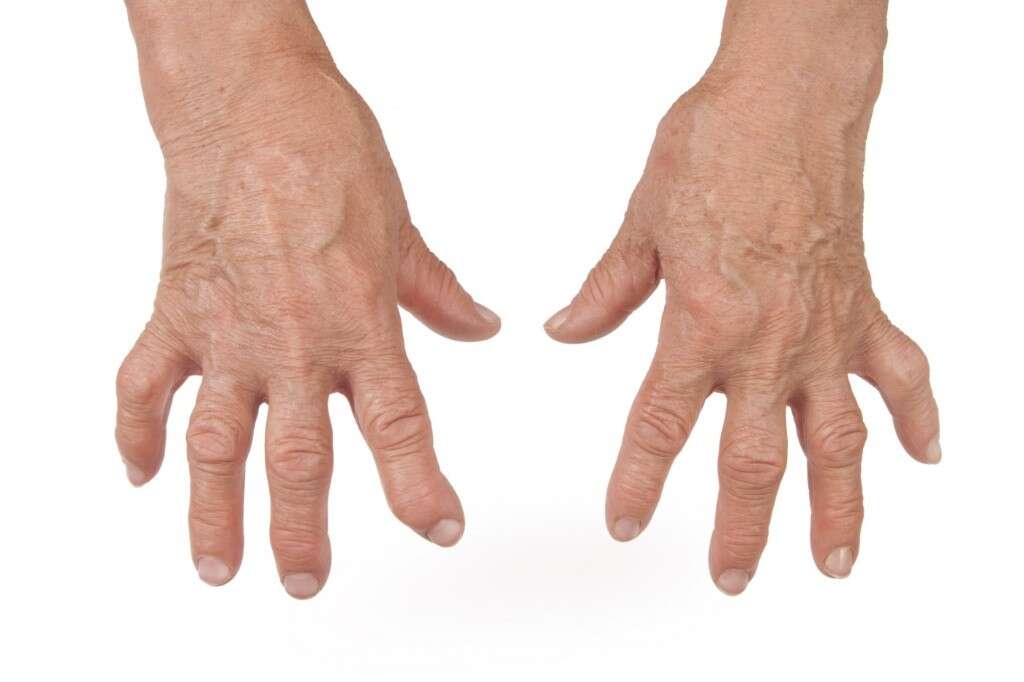
Cause #10: Gout
Gout is a condition where there is inflammation of the joints. Patients often report painful, tender, red, warm, and swollen joints. The pain is usually rapid and reaches maximal intensity in less than 12 hours. The joint most commonly affected is the joint at the base of the big toe. Gout can also cause kidney stones, urate nephropathy, and tophi.
Gout occurs when there are persistent elevated levels of uric acid, which may be due to comorbidities, diet, and genetic factors. Gout has also been reported to be a possible cause of occipital neuralgia.








